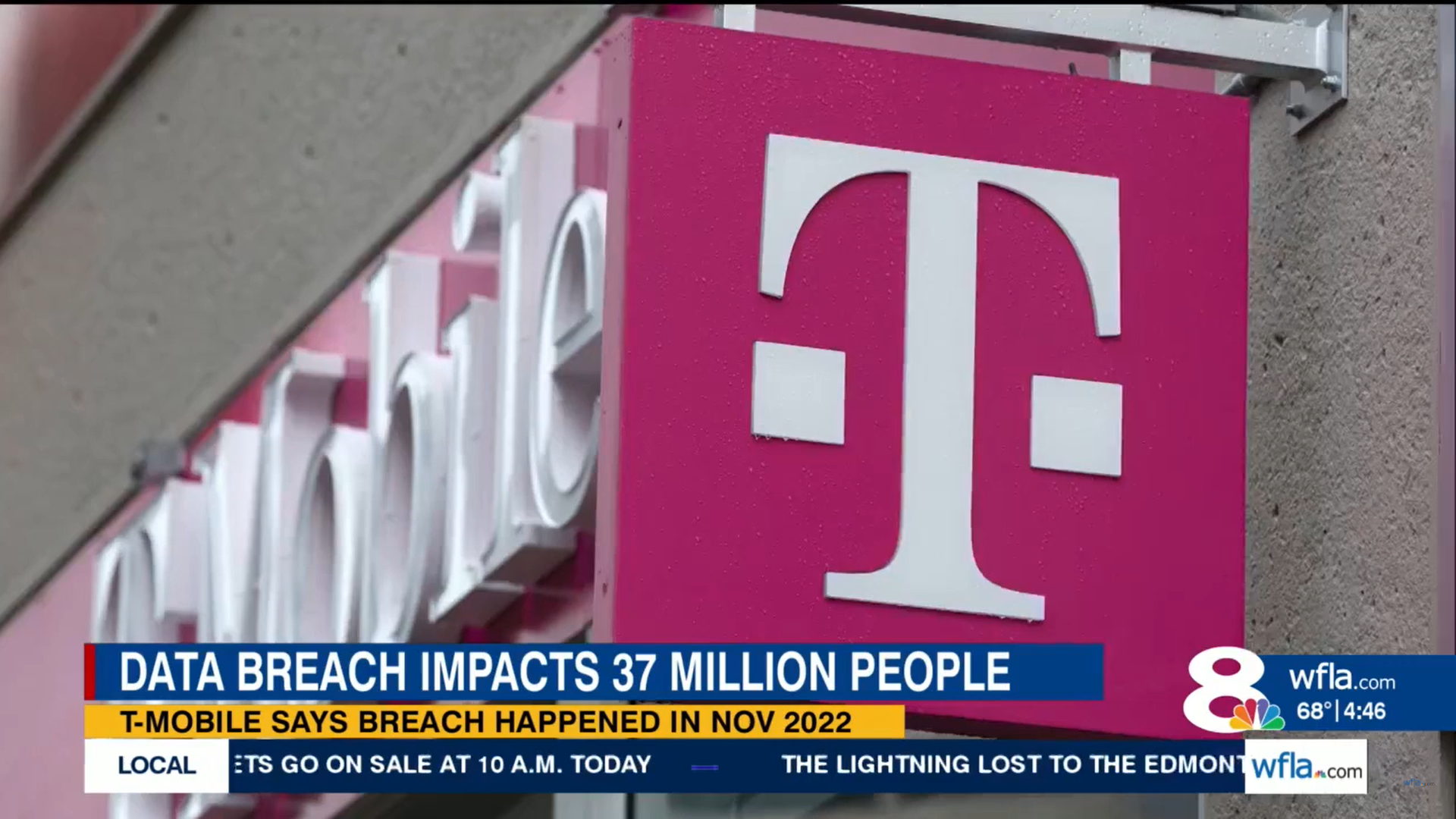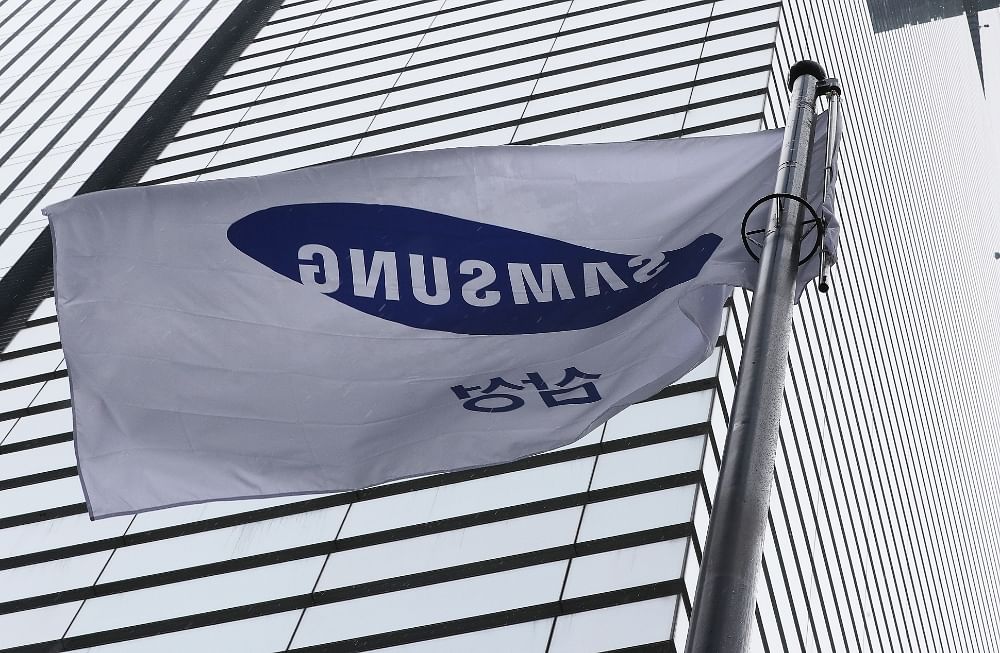T-Mobile To Pay $16 Million For Data Breaches Spanning Three Years

Table of Contents
The Extent of the Data Breaches
The T-Mobile data breaches spanned a concerning three-year period, exposing a significant amount of customer data. This data compromise involved sensitive personal data, including names, addresses, social security numbers, driver's license numbers, and in some cases, financial information. While the exact number of affected customers isn't consistently reported across all sources, reports suggest the breaches impacted hundreds of thousands, if not millions, of individuals.
- Timeframe: The breaches occurred over a period of three years, highlighting a sustained vulnerability in T-Mobile's security infrastructure. This prolonged exposure significantly increased the risk of identity theft and other forms of fraud for affected customers.
- Data Compromised: The compromised data included a range of sensitive personal information, making affected individuals vulnerable to various forms of identity theft and financial fraud. The inclusion of social security numbers and financial details represents a particularly high level of risk.
- Exploited Vulnerabilities: While the specific vulnerabilities exploited in each breach haven't always been publicly disclosed, they underscore the need for comprehensive security assessments and proactive vulnerability management. The repeated nature of the breaches suggests systemic weaknesses in T-Mobile's security posture.
- Previous Incidents: This wasn't T-Mobile's first encounter with data security issues. Previous incidents, though perhaps less significant, should have served as warnings and spurred more proactive security improvements. The repeated occurrence of such serious breaches points towards a lack of adequate preventative measures.
Details of the $16 Million Settlement
The $16 million settlement represents a significant financial penalty for T-Mobile, resulting from the class-action lawsuit filed by affected customers. This legal action highlighted the serious implications of data breaches and the responsibility corporations bear in protecting consumer data. The settlement agreement includes compensation for affected customers to help mitigate the potential risks they face.
- Settlement Terms: The exact terms of the settlement may vary depending on the individual claims and the court's decisions. However, the overall aim is to compensate those affected and provide them with resources to help protect themselves against identity theft.
- Customer Compensation: The compensation offered to affected customers varies and may include credit monitoring services, identity theft protection, and financial reimbursement for expenses incurred due to the breaches.
- Future Data Security Requirements: As part of the settlement, T-Mobile is likely obligated to implement significant improvements to its data security practices. This may include enhanced security protocols, increased investment in cybersecurity infrastructure, and more rigorous employee training.
- Plaintiffs and Legal Representation: The plaintiffs in the case were represented by a team of legal professionals who fought to secure fair compensation and accountability for T-Mobile's security failures.
T-Mobile's Response and Future Security Measures
In response to the settlement, T-Mobile issued an official statement expressing its commitment to enhancing its data security protocols. The company outlined various steps taken to improve its security infrastructure. However, the effectiveness of these measures remains to be seen and will require ongoing monitoring and assessment. Regulatory scrutiny remains a key factor in holding T-Mobile accountable for future performance.
- Official Statement: T-Mobile's official statement typically acknowledges the breaches and expresses regret while highlighting the security enhancements implemented. A detailed analysis of this statement can reveal the company's approach to accountability and future prevention strategies.
- Security Improvements: These improvements may include investments in advanced security technologies, enhanced employee training programs, and the implementation of stricter access control policies to prevent future data breaches.
- Effectiveness of New Measures: The long-term success of T-Mobile's security measures will depend on continuous monitoring, regular security audits, and a commitment to adapting to evolving cybersecurity threats. Independent assessments of their security posture will be critical.
- Ongoing Investigations and Regulatory Actions: The data breaches could trigger further investigations from regulatory bodies, leading to additional fines or enforcement actions. This ongoing scrutiny emphasizes the long-term consequences of data security failures.
Lessons Learned from the T-Mobile Data Breaches
The T-Mobile data breaches offer valuable lessons for organizations of all sizes, particularly those handling sensitive customer data. These lessons highlight the critical need for proactive security measures and a culture of cybersecurity awareness.
- Data Breach Prevention: Proactive security measures, including regular security audits, vulnerability assessments, and penetration testing, are crucial in identifying and addressing potential weaknesses before they can be exploited.
- Best Practices: Implementing industry best practices in data security, including robust authentication, authorization, and encryption, is paramount in protecting sensitive information.
- Cybersecurity Awareness: Comprehensive employee training programs focusing on cybersecurity awareness and safe data handling practices can significantly reduce the risk of human error, a common cause of data breaches.
- Incident Response Plans: Having a well-defined and regularly tested incident response plan is essential to minimize the impact of any future data breach.
Conclusion
The $16 million T-Mobile data breach settlement underscores the significant financial and reputational risks associated with inadequate data security. The case serves as a cautionary tale, emphasizing the critical importance of robust cybersecurity measures and the need for organizations to prioritize the protection of sensitive customer data. The sheer scale of the breaches and their lasting consequences highlight the need for a proactive and comprehensive approach to data protection. This is not just a matter of compliance; it's a matter of protecting customer trust and minimizing the risk of devastating financial and reputational damage.
Call to Action: Understanding the implications of the T-Mobile data breach is crucial for businesses of all sizes. Learn more about safeguarding your organization from similar threats by researching best practices in data security and investing in robust cybersecurity solutions. Don't let your company become the next victim of a costly data breach. Proactive measures are the key to preventing costly and damaging T-Mobile-style incidents.

Featured Posts
-
 The Post Roe Landscape Examining The Role Of Over The Counter Birth Control
Apr 24, 2025
The Post Roe Landscape Examining The Role Of Over The Counter Birth Control
Apr 24, 2025 -
 The Epa Vs Elon Musk Tesla Space X And The Rise Of Doge
Apr 24, 2025
The Epa Vs Elon Musk Tesla Space X And The Rise Of Doge
Apr 24, 2025 -
 Ai Drives Sk Hynix Past Samsung In Dram Market Share
Apr 24, 2025
Ai Drives Sk Hynix Past Samsung In Dram Market Share
Apr 24, 2025 -
 Investor Concerns About Stock Market Valuations Bof As Response
Apr 24, 2025
Investor Concerns About Stock Market Valuations Bof As Response
Apr 24, 2025 -
 Instagram Aims To Rival Tik Tok With New Video Editing App
Apr 24, 2025
Instagram Aims To Rival Tik Tok With New Video Editing App
Apr 24, 2025
